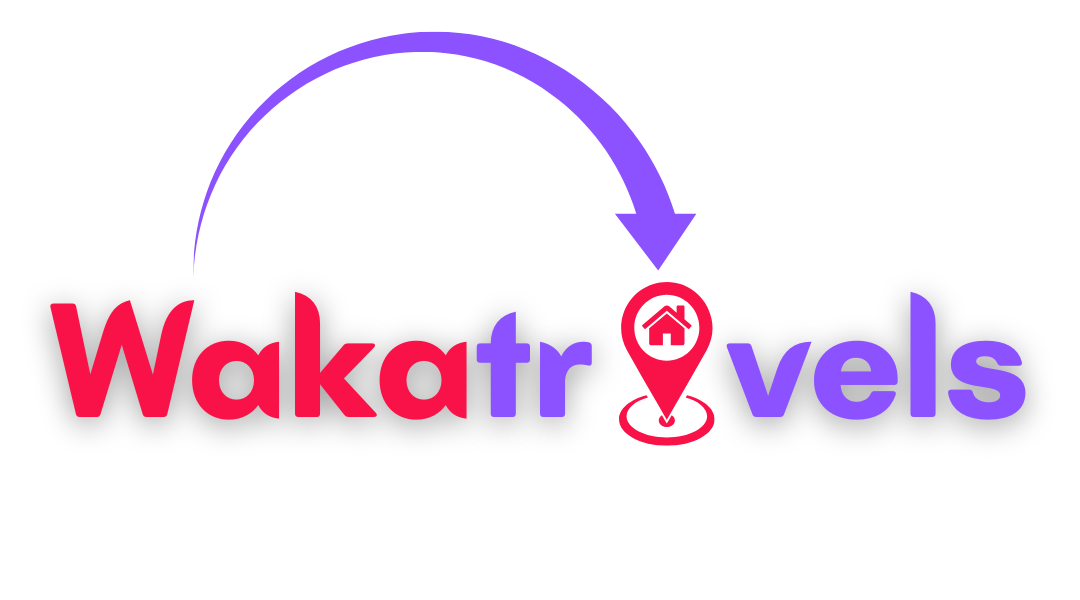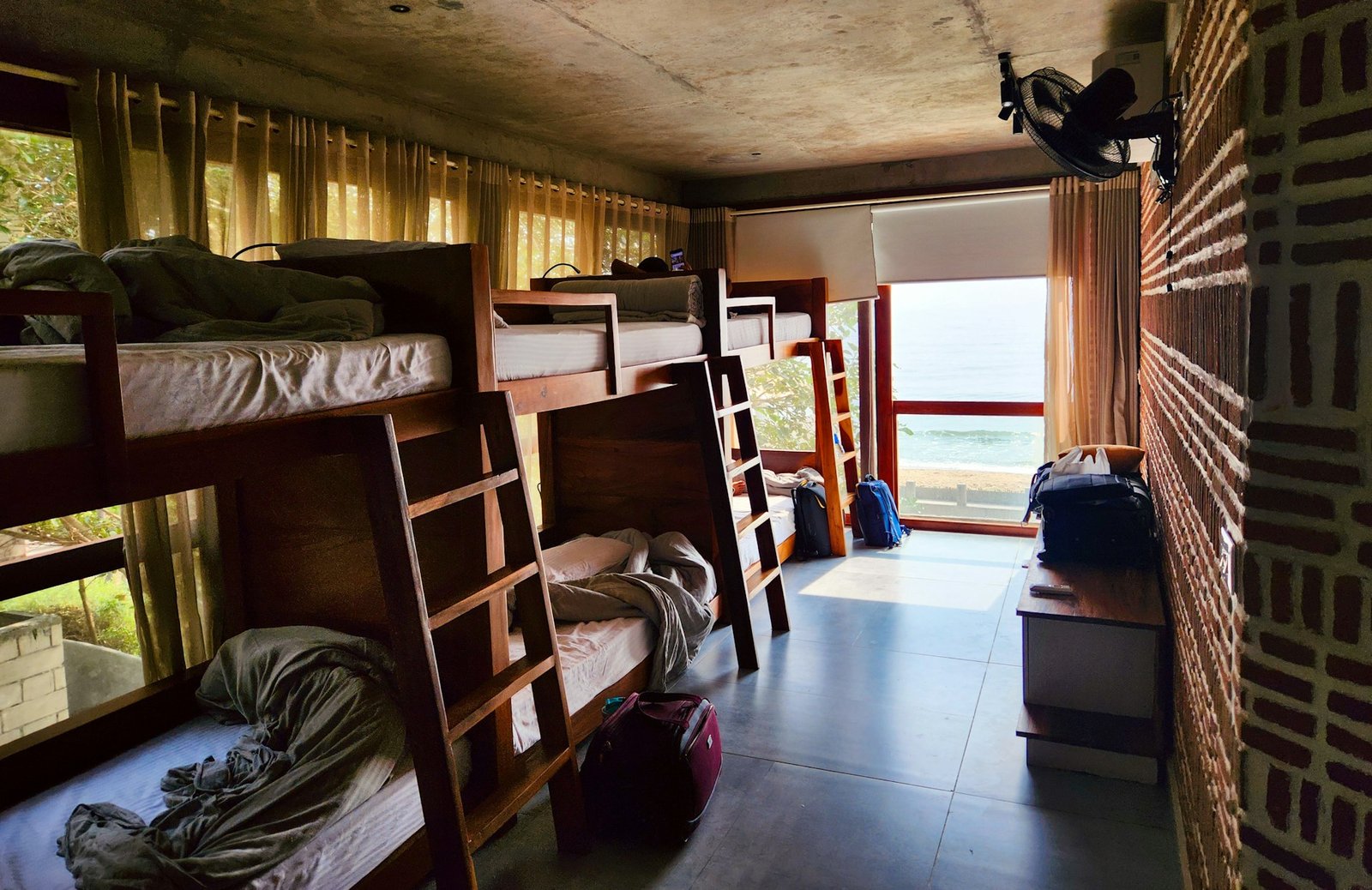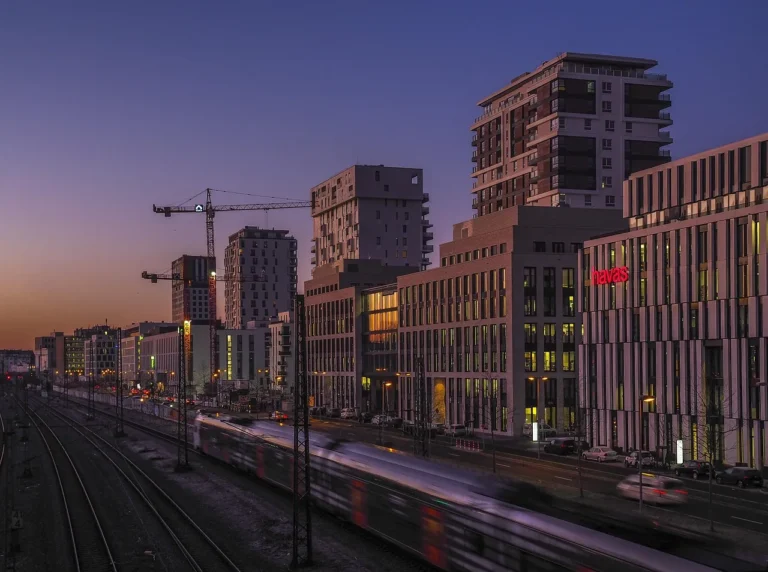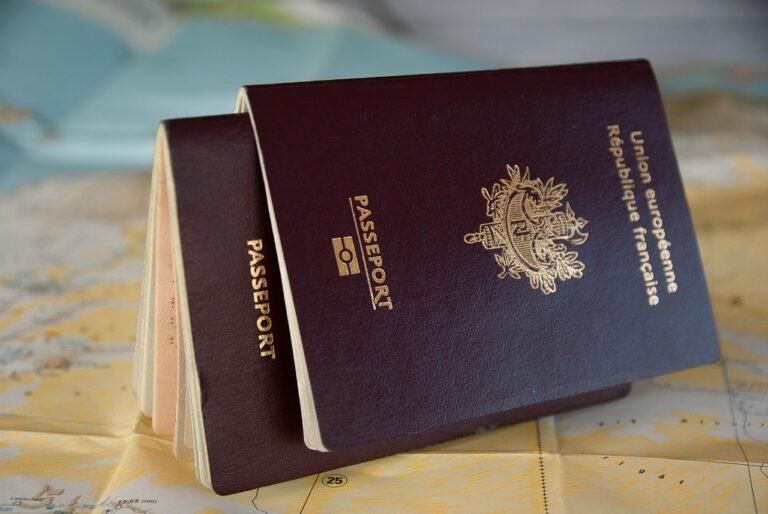Listen, I get it. You’re scrolling through Instagram, watching 22-year-olds with perfectly curated backpacks bounce between European hostels, and thinking, “Is that still an option for me?” I’m here to tell you—as someone who booked her first hostel at 19 and her most recent one last month at 37—that not only is it an option, it might actually be better now.
Last summer in Lisbon, I found myself sharing a four-bed female dorm with a 68-year-old retired teacher from Australia, a 42-year-old tech worker on sabbatical, and yes, one bright-eyed 24-year-old. We all slept soundly, saved a fortune, and guess what? Nobody gave a single damn about our ages.
The Real Deal About Hostels in 2025
Let’s demolish some outdated thinking: hostels are no longer just grimy bunkhouses for gap-year kids with questionable hygiene standards. The hostel industry has grown up alongside its original clientele. Today’s hostels often feature private rooms, rooftop bars, co-working spaces, and amenities that would make some mid-range hotels nervous.
What hasn’t changed? The price tag (mostly) and the social atmosphere that makes travel magical.
Why Hostels Still Make Sense After Your 20s
- Your money goes further – That extra $100/night you’re not spending on a hotel room? That’s another day of travel, a spectacular meal, or an experience you’ll remember forever.
- Built-in community – Making friends gets harder as we age. Hostels solve this problem instantly. Even if you’re introverted (hello, fellow awkward humans), hostels provide effortless social connections.
- Local insights you can’t Google – I’ve discovered hidden beaches in Thailand, secret pasta spots in Rome, and underground jazz clubs in New Orleans—all from hostel staff and fellow guests sharing tips over breakfast.
- Flexibility without penalty – Plans change. Most hostels won’t charge astronomical fees if you need to adjust your stay, unlike many hotels and Airbnbs.
Finding Your Perfect Hostel Match (Without Losing Your Mind)
Here’s where the real strategy comes in. Not all hostels are created equal, and your perfect match at 35+ might look different than at 22.
The Booking Platforms Worth Your Time

While Hostelworld remains the behemoth of hostel booking, don’t overlook these others:
- Booking.com – They’ve seriously upped their hostel game and often have options Hostelworld doesn’t
- Hostelling International – Generally quieter, more established hostels with better age diversity
- Selina – For the digital nomad crowd; excellent co-working spaces and a more mature vibe
I usually cross-reference between at least two platforms—prices can vary weirdly, and sometimes booking direct with the hostel itself saves you the platform fee.
Reading Between the Lines of Reviews
Reviews are your best friend, but you need to read them like a detective. Here’s my system:
- Ignore the one-star rants about Wi-Fi (it fluctuates everywhere) and the five-star gushes from people who clearly just had a hostel romance
- Look for mentions of noise levels – “Great party atmosphere!” is either a green flag or a massive red one, depending on your goals
- Check reviews from solo travelers specifically – They tend to notice details couples and groups miss
- Age references matter – “Great for mature travelers” or “perfect for digital nomads” usually signals a quieter, more age-diverse environment
When I booked my stay at The Independente in Lisbon, I specifically filtered for reviews mentioning “older travelers” and “quiet rooms” and ended up in hostel heaven.
The Art of Selecting Your Room Type
Your room choice can make or break your experience. I’ve learned this the hard way after a night in an 18-bed dorm in Amsterdam that I’m still trying to forget.
Private Rooms: Worth the Splurge?
Many hostels offer private rooms that still cost less than budget hotels. If you’re:
- A light sleeper
- Traveling with valuables
- Planning to stay more than a few nights
- In desperate need of alone time
…then yes, absolutely worth it. I often book a mix—a private room for the first night after a long flight, then switch to a dorm when I’m adjusted.
The Sweet Spot: Small Female Dorms
If you’re a woman traveling solo and comfortable in shared spaces, the 4-6 bed female dorms are where the magic happens. They’re typically quieter, cleaner, and in my experience, filled with fascinating women of various ages with amazing stories. The sisterhood of the traveling backpackers is real, folks.
For Couples and Friends: Private Dorms
Did you know many hostels offer 4-6 bed rooms that you can book entirely for your group? This hack has saved my friendships during group trips. You get the hostel vibe and price point without surrendering your sanity to strangers.
Booking Timing: The Strategy No One Talks About
There’s an art to when you book, especially for popular destinations:
| Destination Type | How Far Ahead to Book | Flexibility Strategy |
| Major European cities (summer) | 1-2 months | Book first 2 nights, then adjust |
| Southeast Asia | Often just days ahead | Book first night only |
| Festival/event weekends | 3+ months minimum | Book full stay, non-refundable for savings |
| Off-season anywhere | Week of travel | Negotiate rates in person |
I once showed up in Barcelona during La Mercè festival with no reservation. Learn from my mistake: I spent the first night in a 24-hour McDonald’s before finding a couch to crash on. Some lessons are learned the hard way.
The Mature Traveler’s Hostel Packing List
Being an “older” hostel-goer comes with wisdom. Pack these essentials that the youngsters often forget:
- Proper earplugs (the silicone ones, not the foam garbage)
- Eye mask that actually blocks light (worth spending $15+ on)
- Flip-flops for shower floors (non-negotiable at ANY age)
- Portable door lock (for peace of mind in dorms)
- Power strip (be the hero everyone needs)
- Small padlock (most hostels provide lockers, but not always locks)
My personal game-changer: a silk sleep sack. It’s lightweight, packs tiny, and gives you a psychological barrier between you and hostel bedding of questionable laundering schedules.
How to Actually Sleep in a Hostel Dorm
This is where experience pays off. The routine that has saved me countless nights:
- Choose a bottom bunk when possible (less climbing, more privacy)
- Set up your “sleep system” before going out for the evening
- Use your phone’s “bedtime mode” to silence notifications
- Earplugs in, eye mask on before you’re actually tired
- Keep essential overnight items (water, phone, glasses) within arm’s reach
- If someone’s snoring is unbearable, a gentle “hey, could you turn over?” works 90% of the time
The night I forgot my earplugs in a 12-bed dorm in Prague still haunts me. I lay awake counting the different snoring patterns (five distinct styles, for the record) until sunrise.
The Social Navigation: Engaging Without Trying Too Hard
One of the greatest myths is that hostel social life is only for the young. Nonsense. The key is knowing where and how to engage:
- Morning coffee time is perfect for actual conversations with fellow travelers
- Hostel-organized events attract people specifically looking to socialize
- The kitchen remains the universal meeting spot across cultures and ages
- Day activities over pub crawls if you’re seeking substance
In Porto last year, I skipped the “Epic Pub Crawl” and joined the “Local Market Shopping + Cooking Class” instead. The result? A delightful evening cooking with travelers aged 25-65, sharing stories and creating a meal together. No hangover required.
When Hostels Aren’t the Right Choice
Let’s be honest—sometimes hostels just don’t fit the bill. I’ve learned to skip hostels when:
- I’m on a tight schedule and desperately need good sleep
- The price difference between a hostel private room and budget hotel is minimal
- I’m in a location where personal space is crucial for my mental health
- I’m legitimately sick (nobody wants to be that person coughing all night in a dorm)
In Tokyo, where capsule hotels and business hotels can be nearly the same price as hostel dorms, I happily choose the former for their efficiency and privacy. Know your limits.
A Final Thought: Age Is Just a Number (Really)
The beauty of travel is that normal social constructs—including age expectations—often disappear on the road. I’ve had deeper conversations with 22-year-olds in hostel common rooms than with some people I’ve known for decades.
Last year in Mexico City, a 73-year-old retired professor staying in my dorm told me, “I started hosteling in my 60s after my husband died. Wish I’d discovered it sooner.” She was on month four of a six-month Latin America trip, with more stamps in her passport than anyone else I met that year.
The only real rule of hostel travel past 30? Bring your authentic self, your sense of humor, and maybe some extra patience. The rest falls into place.
Happy travels, and may your top bunk always have a power outlet.
Frequently Asked Questions About Booking Hostels
Is there an age limit for staying in hostels?
Contrary to popular belief, most hostels don’t have upper age limits. While some party hostels market heavily to younger travelers, many welcome guests of all ages. Always check the hostel’s website for any age restrictions if you’re concerned.
Are hostels safe for solo female travelers?
Most modern hostels have excellent security features, including key-card access, 24-hour reception, and gender-specific dorms. Reading recent reviews from other solo female travelers is your best resource for specific safety information.
How do I find quieter hostels for a better night’s sleep?
Look for keywords like “relaxed atmosphere,” “no party policy,” or “quiet hours enforced” in descriptions. Hostels with smaller dorm sizes (4-6 beds) and those that don’t have a bar on-site tend to be quieter.
What’s the etiquette for sharing dorm rooms with younger travelers?
Basic consideration works across all ages: be mindful of noise, keep common areas tidy, and respect others’ space and sleep schedules. Age differences rarely cause issues when everyone follows basic courtesy.
Can I book a private room in a hostel?
Most modern hostels offer private rooms with either shared or private bathrooms. These provide the community benefits of hostel living with the privacy of a hotel, usually at a price point between traditional dorm beds and hotels.
How far in advance should I book a hostel?
For high season or popular destinations, book 3-4 weeks ahead. For major events or festivals, 2-3 months is safer. In shoulder or off-seasons, even a few days ahead is usually sufficient.
Are hostel bathrooms always shared?
Not always. Many hostels now offer ensuite options for both dorms and private rooms. The hostel’s website or booking platforms will specify bathroom arrangements.
Do hostels provide towels and bedding?
Most hostels provide bedding, but towel policies vary. European and North American hostels often charge a small rental fee for towels, while Southeast Asian hostels typically include them. Always check the “amenities” section when booking.
Can I stay in a hostel if I’m not a backpacker?
Absolutely! Modern hostels cater to all types of travelers, including digital nomads, business travelers, and weekend tourists. Many hostels now offer workspaces, professional-friendly amenities, and a more mature atmosphere.
Are hostels suitable for light sleepers?
Light sleepers should consider smaller dorms (4-6 beds), female-only options which tend to be quieter, or private rooms. Quality earplugs and a good eye mask are essential investments.
Top Hostel Booking Resources and Recommendations
Booking Platforms
- Hostelworld – The largest dedicated hostel booking platform with extensive filters and reviews
- Booking.com – Great for comparing hostels with budget hotels and guesthouses
- Hostelling International – Network of quality-controlled hostels, typically quieter and family-friendly
- Selina – Modern hostels with co-working spaces, ideal for digital nomads
Top Hostel Chains for Mature Travelers
- Generator Hostels – Design-focused hostels in European cities with excellent private room options
- Selina – Workspace-focused hostels with a more professional atmosphere
- Equity Point Hostels – Located in historic buildings with a quieter, more cultural focus
- USA Hostels – Premium hostels in the US with great privacy options and cleanliness standards
Essential Hostel Gear
- Eagle Creek Packable Daypack – Packs down tiny but expands for day trips
- Lewis N. Clark Portable Door Lock – Extra security for solo travelers
- Mack’s Silicone Earplugs – The gold standard for blocking dorm noise
- Nidra Deep Rest Eye Mask – Contoured to allow eye movement during sleep
- Sea to Summit Travelling Light Hanging Toiletry Bag – Essential for shared bathrooms
Hostel Safety Apps
- GeoSure – Neighborhood safety ratings for cities worldwide
- bSafe – Location sharing and emergency response for solo travelers
- TripWhistle – Quick access to local emergency numbers worldwide
Hostel Social Networking
- Backpackr App – Connect with other travelers at your hostel or city
- Couchsurfing Hangouts – Find meetups with other travelers, even if not using the hosting feature
- Meetup – Find hostel-organized events or local gatherings
Recommended Travel Insurance for Hostel Stays
- World Nomads – Covers electronics and gear theft, important for shared spaces
- SafetyWing – Affordable ongoing coverage for long-term travelers






